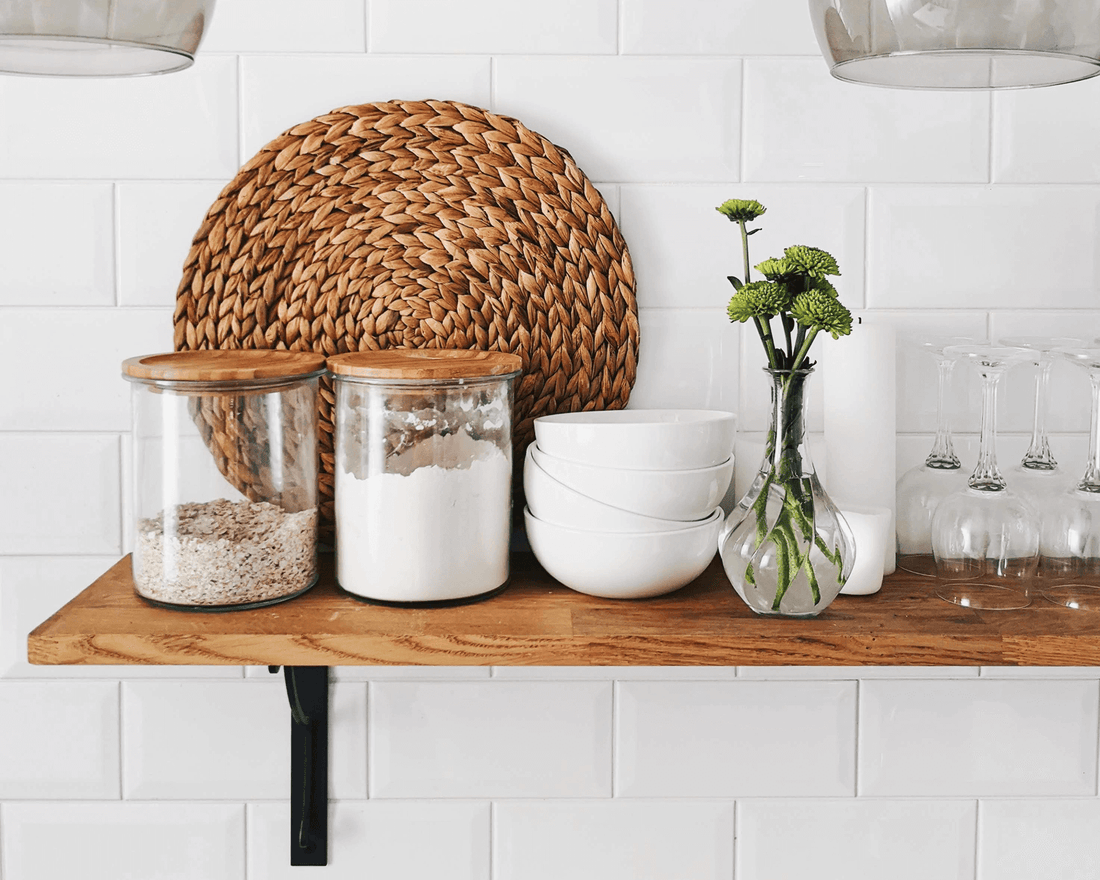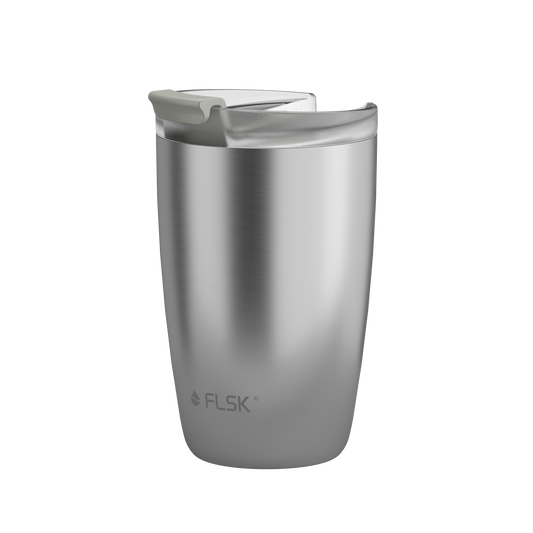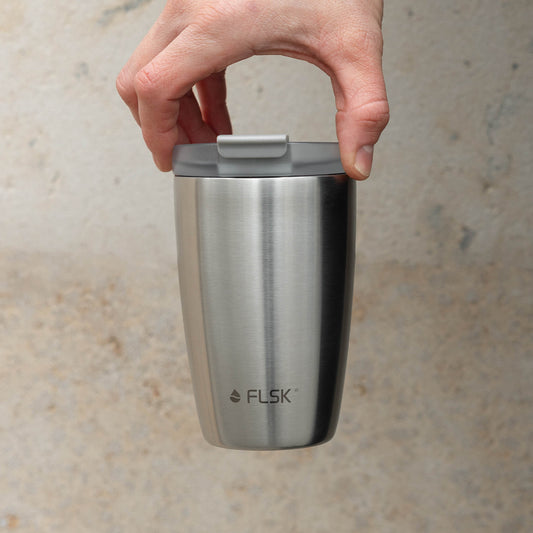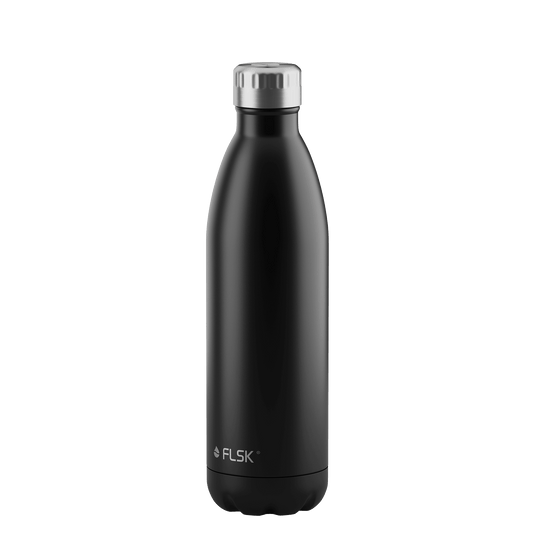6 tips for more sustainability in your kitchen

The kitchen. Secret centre of the home, pleasure centre, scene of midnight snacks and other sins. There is no other place so directly connected to that which keeps us alive: Food. It's where we store food, chop and clean vegetables, spread chaos, grudgingly do the dishes and wonder why the rubbish is full again.
It's amazing how much time it takes to eat reasonably healthy and fresh. No wonder that sustainability in the kitchen is sometimes neglected. We are happy when we have eaten delicious food and it looks reasonably tidy again. But it's super easy to practice mindful use of resources in your own kitchen. Just try out our tips for more sustainability in your kitchen.
1. Not a one-way street: switch to washable cloths
Wipe and go? Sounds practical, but it creates huge amounts of waste. With the amount of kitchen roll we Germans use every year, you could wrap the earth over 2000 times! The milk has tipped over, the fillet needs to be dried or the child is eating tomato sauce? For almost all occasions when you would reach for a kitchen towel, there is a sustainable alternative. For example, washable bamboo cloths, even in roll form, for those who don't want to change. And, of course, cotton wipes, napkins and kitchen towels. Why should you switch? You save money, they last longer, they never tear and they don't pollute the environment once they're made. After use, simply put them in the 60-degree wash with the towels.
2. Fridge tetris: new things come in the back
Who hasn't experienced this: You've been shopping and you put things in the gaps in the fridge from the front. This way they are very present in your memory and also look particularly tempting. Chances are good that you will forget the older food behind it and let it spoil. The solution is simple: put new food in the back, older food in the front. This way you always keep an overview.
3. Short notice: Where to put surplus food?
Despite all the planning, it is easy for something to be left over. It's a shame when food that's actually still good ends up in the rubbish. Check your alternatives: The classic is, of course, freezing. You can also turn overripe fruit into jam and preserve it. In the meantime, Zero Waste has also established itself among top chefs and there are plenty of recipes for "leftovers" such as carrot cabbage, onion peelings etc. Maybe there are neighbours or friends who help to eat the apple harvest or who are happy about the surplus sausages?
The dishwasher always uses the same amount of water, no matter how full it is. It is logical that it is more economical and sustainable if you use all the space. With this simple rule, you save a lot of energy and water.
4. Everything on board? Always fill the dishwasher
5. That's enough: Turn down the cooker ahead of time
Do you have a cooker with normal hobs? Then you know that it is not possible to regulate the heat precisely. The plates always need a while to adjust to the new setting and still glow. Keep this in mind when you cook. It is sufficient to turn off the plate five minutes before the end of the cooking time. By the way: Preheating the oven rarely makes sense. The reason for this is that it allows you to give consistent times in recipes. When you cook for yourself, you can put the food in the oven from the beginning and don't heat it to nothing.
6. Minimal waste: alternatives to aluminium and plastic foil
The word is out that aluminium and plastic foils are unhealthy. The culprits are the small particles and plasticisers that dissolve from the foils as soon as they come into contact with food. There are better ideas for covering open yoghurt or leftovers from lunch. Reusable tins and containers, suction lids that adapt to any pot and beeswax wipes belong in every sustainable kitchen. You can also wrap bread in the latter.
Do you have other ideas on how to save waste, water and energy in the kitchen? Then share them with us under this article. We are curious!
- Engraveable.
FLSK coffee cup
Regular price
From
39,00 €
Regular price
From
39,00 €
Sale price
39,00 €
350 ml · stainless - all natural
- Engraveable.
FLSK drinking bottle
Regular price
From
39,00 €
Regular price
From
39,00 €
Sale price
39,00 €
750 ml · black
- Engraveable.
FLSK coffee cup
Regular price
From
39,00 €
Regular price
From
39,00 €
Sale price
39,00 €






